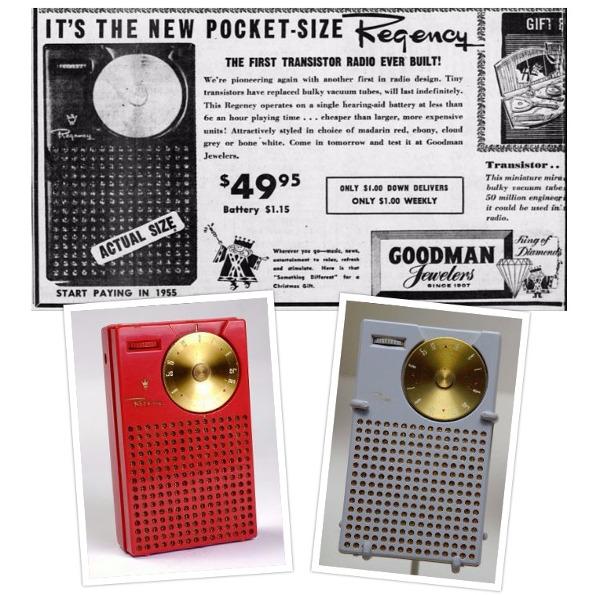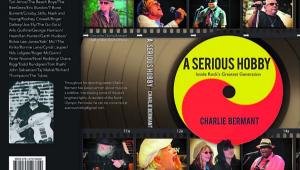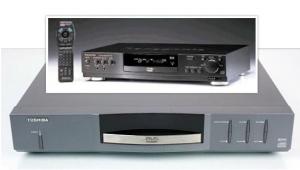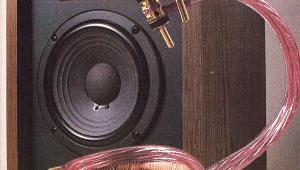Flashback 1954: The Transistor Radio Is Born

The Regency TR-1, the world’s first commercial transistor radio—went on sale this week in 1954 and was quite the novelty for its convenience, small size, and steep price of $50 (the equivalent of $449 in 2016 dollars!). It didn’t matter that it sounded horrible—it was all about convenience. (Sound familiar?)
One of the original advertisements (above) proclaimed: “We’re pioneering again with another first in radio design. Tiny transistors have replaced bulky vacuum tubes, will last indefinitely. This Regency operates on a single hearing-aid battery at less than 6¢ an hour playing time. . . cheaper than larger, more expensive units.”
Within a year of its introduction, the TR-1 had sold upwards of 100,000 units, setting the stage for what would become one of the most popular electronic devices of all time with billions manufactured and sold throughout the ’60s and ’70s.
Are you old enough to remember transistor radios? Or maybe you collect them... Share your story!
Related























































